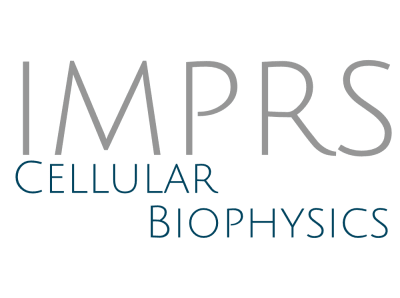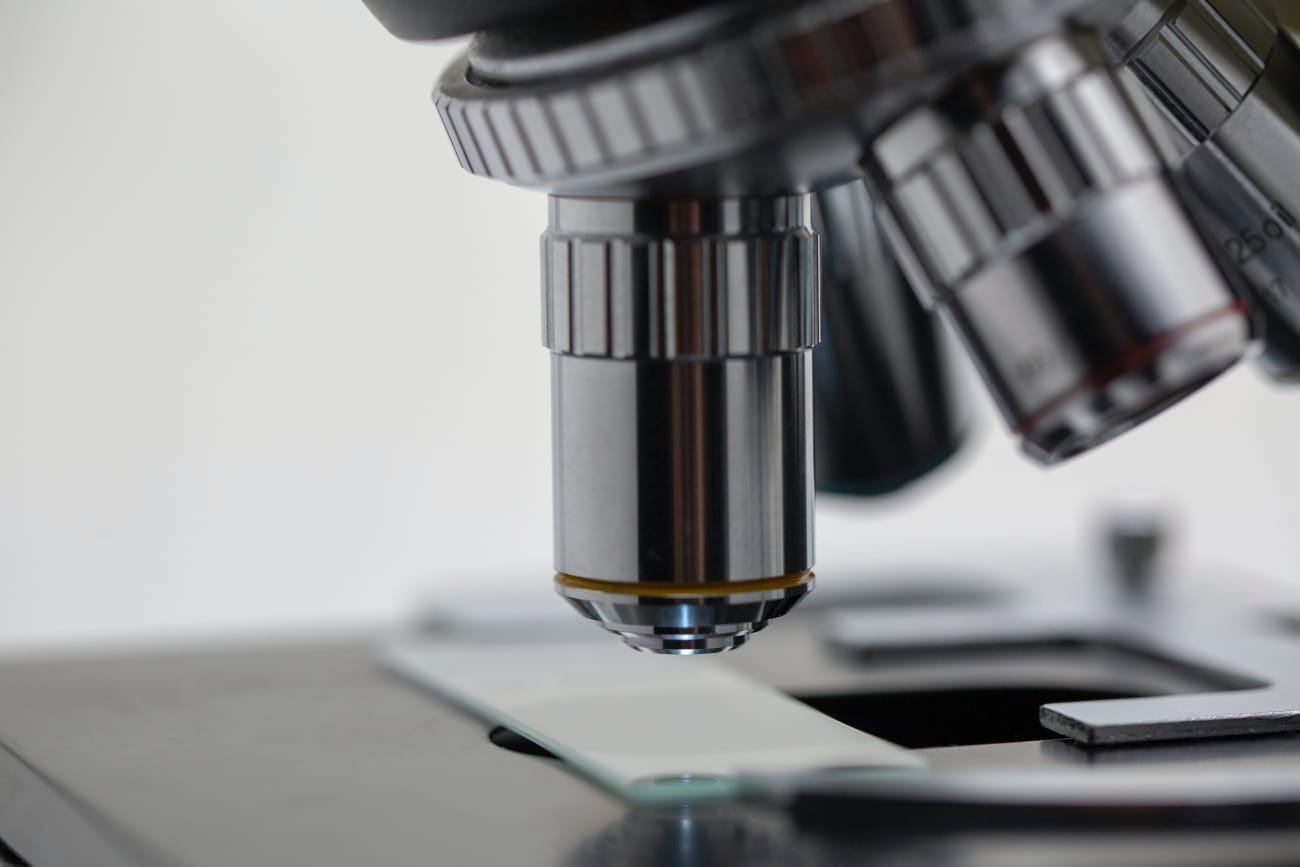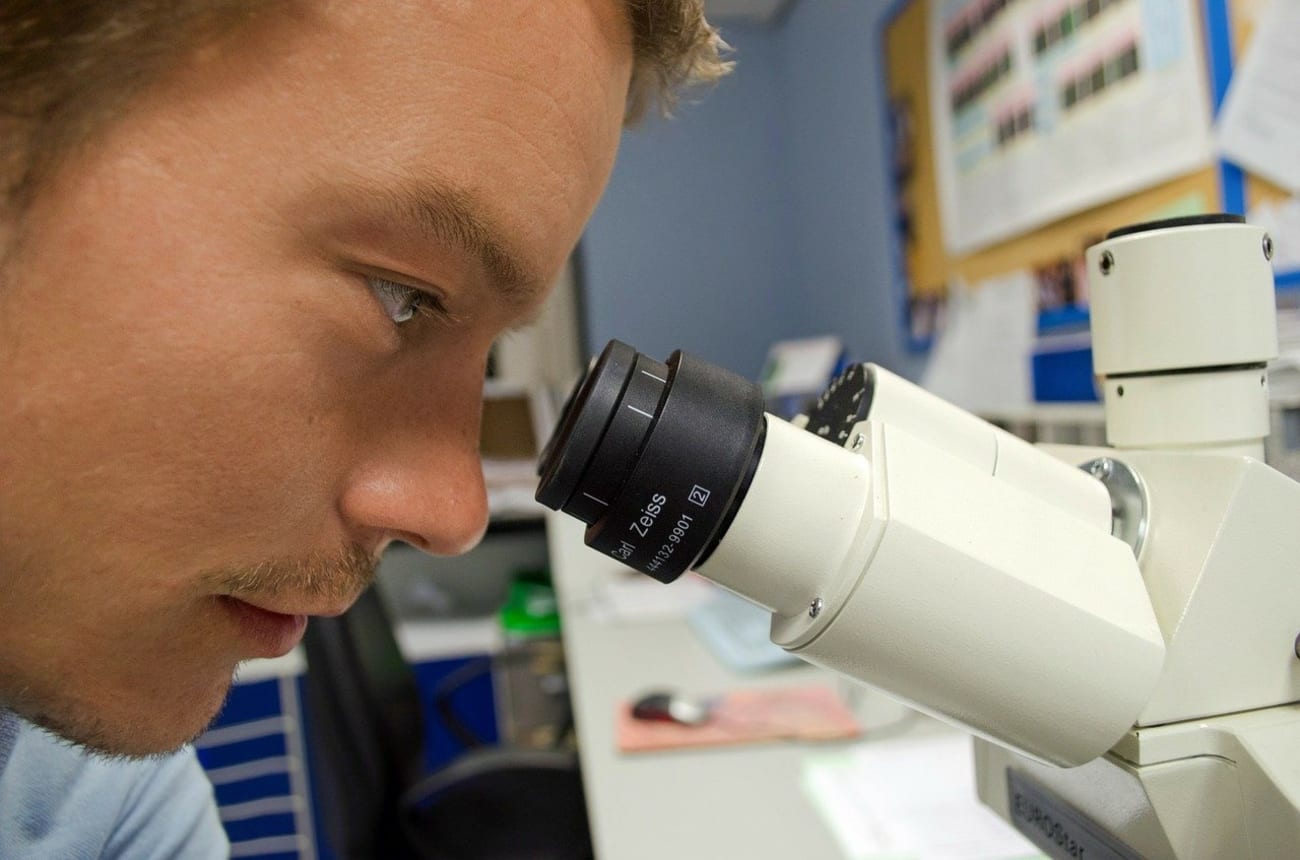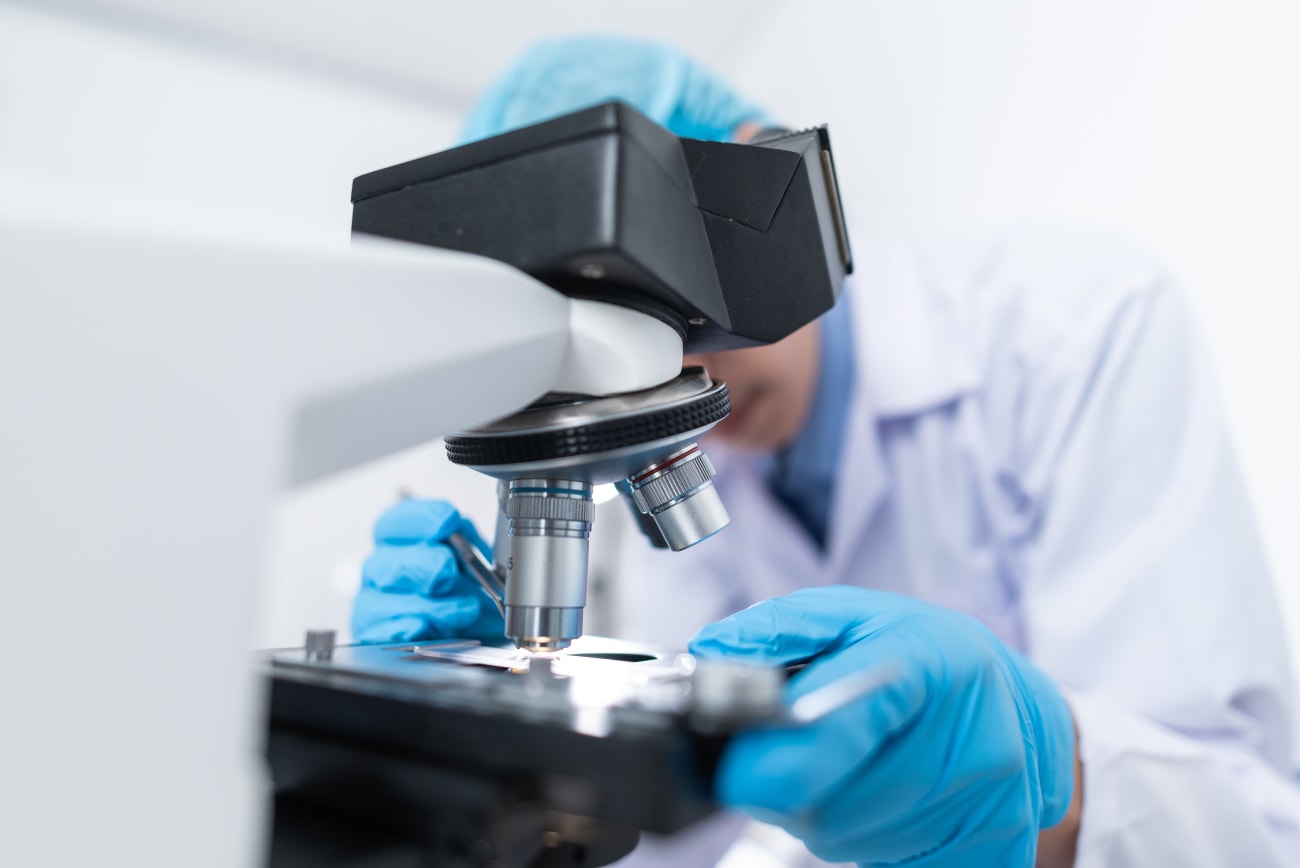
International Max Planck Research School on Cellular Biophysics

Introduction
Max Planck Institute
The International Max Planck Research School (IMPRS) on Subcellular Architecture and Dynamics (IMPRS-CBP) is an international doctoral training program hosted by the Max Planck Institute of Biophysics, Goethe University Frankfurt, and Johannes Gutenberg University Mainz. Biophysics is an interdisciplinary science that applies the theories and methods of physics to understand biological phenomena. Our mission is to train graduate students to tackle one of the ultimate biological challenges: to gain a complete molecular-level understanding of the cell.
We seek to attract students who have strong undergraduate backgrounds in quantitative sciences (especially physics and mathematics) and who are interested in applying their skills to address outstanding questions in biological and biomedical research.
The Faculty of the IMPRS-CBP consists of about 30 highly committed research scientists, Group Leaders, MPI Directors and Professors from mainly three institutions: Goethe University Frankfurt (GU), Johannes Gutenberg University Mainz (JGU), and the Max Planck Institute of Biophysics (MPIBP). There are eight institutes associated with four faculties at GU involved in the IMPRS-CBP. These institutes, as well as the Frankfurt Institute for Advanced Studies (FIAS) and MPIBP, are already located at the heart of “Science City Frankfurt Riedberg”, a high-performance center of the Rhine-Main knowledge region. On the Riedberg Campus, research is being conducted today on the chemical, biochemical and physical applications of tomorrow. In the future, all-natural science departments and disciplines at GU will find their place here.
At JGU two institutes associated with two faculties are involved in the IMPRS-CBP. Due to the geographical as well as thematic proximity between the research groups located in Frankfurt and Mainz, close collaborations and a vivid research environment have already been established between the two sites.
The program offers training in concepts and techniques to explore the structure, function, and interactions of key macromolecules of the cell, the control of cellular and multicellular processes at the molecular and genome-wide levels, as well as the development of methods to image and model these processes. In addition, the curriculum covers a wide array of transferable skills and includes multi-step career mentoring, specifically aimed at preparing our doctoral students for the challenges of a professional career on the global market, whether that be in academia, industry, or beyond.
The teaching concept is based on the three fundamental pillars of graduate training:
- Training-through-research
- Courses and workshops on technical and transferable skills
- Networking in an international community of scientific experts
The program is structured in an introduction training immediately after recruitment consisting of a three-week training block, followed by a series of three lab rotations (Phase 1). Phase 2 comprises Ph.D. thesis research, professional networking, and regular progress reviews (TAC meetings), as well as additional technical or transferable skills courses and optional teaching experience.
International Ph.D. Program
The International Max Planck Research School on Cellular Biophysics (IMPRS-CBP) invites excellent graduate students in life sciences to apply for fully-funded Ph.D. positions.
IMPRS-CBP is an international doctoral training program hosted by the Max Planck Institute of Biophysics, Goethe University Frankfurt, and Johannes Gutenberg University Mainz.
Our mission is to train graduate students to tackle one of the ultimate biological challenges: to understand how complex subcellular architecture is created from individual molecular functions that act in concert.
Find out more about our faculty, equipment, and projects in three lab rotations before choosing your lab!
The closing date for application is May 15, 2021.
We offer you:
- State-of-the-art equipment for research in the field of biophysics: Our participating institution's host facilities for Cryo-EM, X-ray crystallography, NMR, mass spectrology, and advanced light microscopy.
- An interdisciplinary setup: researchers from structural biology, cellular biology, neurobiology, molecular biology, and computational biology work on our campus with close links to the medical school.
- Excellent framework conditions: we provide fully-funded Ph.D. positions and assistance in all organizational matters
- The opportunity to build lasting networks: about 30 highly committed research scientists, Group Leaders, MPI Directors and Professors from the participating institutions constitute our faculty.
- An attractive and livable region: Frankfurt/Main is an international science, finance, and cultural center.
- A Ph.D. community: students are admitted once a year and jointly attend graduate courses.
Gallery
Locations
- Frankfurt
Max-von-Laue-Str. 3 D-60438 Frankfurt am Main, , Frankfurt
- Frankfurt
Frankfurt, Germany
- Mainz
Saarstraße,21, 55122, Mainz






